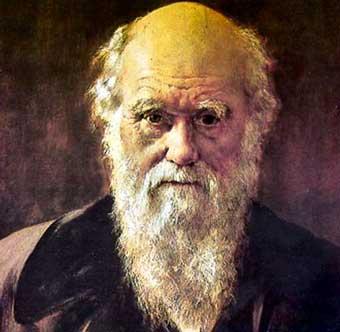BIOLOGY MANDATORY EXPERIMENTS
To conduct a qualitative test for starch
To conduct a qualitative test for reducing sugar
To conduct a qualitative test for fat
To conduct a qualitative test for protein
To be familiar with and use the light microscope
To prepare and examine one animal cell, stained and unstained,
using the light microscope
To prepare and examine one plant cell,
stained and unstained, using the light microscope
To prepare and examine microscopically the
transverse section of a dicotyledonous stem
To investigate the effect of pH on amylase activity
To investigate the effect of pH on the rate of catalase activity
To investigate the effect of temperature on amylase activity
To investigate the effect of temperature on catalase activity
To investigate the effect of heat denaturation on amylase activity
To investigate the effect of heat denaturation on catalase activity
To prepare one enzyme immobilisation and examine its application
To investigate the influence of light intensity on the rate of photosynthesis
To investigate the influence of carbon dioxide concentration on the rate of photosynthesis
To prepare and show the production of alcohol by yeast
To conduct any activity to demonstrate osmosis
To isolate DNA from a plant tissue
To investigate the growth of leaf yeast using agar plates and controls
To dissect, display and identify an ox’s or sheep’s heart
To investigate the effect of exercise on the breathing rate of a human
To investigate the effect of exercise on the pulse rate of a human
To investigate the effect of IAA growth regulator on plant tissue
To investigate the effect of water, oxygen and temperature on germination
To use starch agar or skimmed milk agar plates to show
digestive activity during germination

Darwin Day is a global celebration of science and reason held on or around Feb. 12, the birthday anniversary of evolutionary biologist Charles Darwin. This year marks the 200th anniversary of Charles Darwin's birth.
Charles Robert Darwin (12 February 1809 – 19 April 1882) was an English naturalist who realised and demonstrated that all species of life have evolved over time from common ancestors through the process he called natural selection. The fact that evolution occurs became accepted by the scientific community and much of the general public in his lifetime, while his theory of natural selection came to be widely seen as the primary explanation of the process of evolution in the 1930s, and now forms the basis of modern evolutionary theory. In modified form, Darwin’s scientific discovery remains the foundation of biology, as it provides a unifying logical
explanation for the diversity of life.
At Edinburgh University Darwin neglected medical studies to investigate marine invertebrates, then the University of Cambridge encouraged a passion for natural science. His five-year voyage on HMS Beagle established him as an eminent geologist whose observations and theories supported Charles Lyell’s uniformitarian ideas, and publication of his journal of the voyage made him famous as a popular author. Puzzled by the geographical distribution of wildlife and fossils he collected on the voyage, Darwin investigated the transmutation of species and conceived his theory of natural selection in 1838. Although he discussed his ideas with several naturalists, he needed time for extensive research and his geological work had priority. He was writing up his theory in 1858 when Alfred Russel Wallace sent him an essay which described the same idea, prompting immediate joint publication of both of their theories.
His 1859 book On the Origin of Species established evolutionary descent with modification as the dominant scientific explanation of diversification in nature. He examined human evolution and sexual selection in The Descent of Man, and Selection in Relation to Sex, followed by The Expression of the Emotions in Man and Animals. His research on plants was published in a series of books, and in his final book, he examined earthworms and their effect on soil.